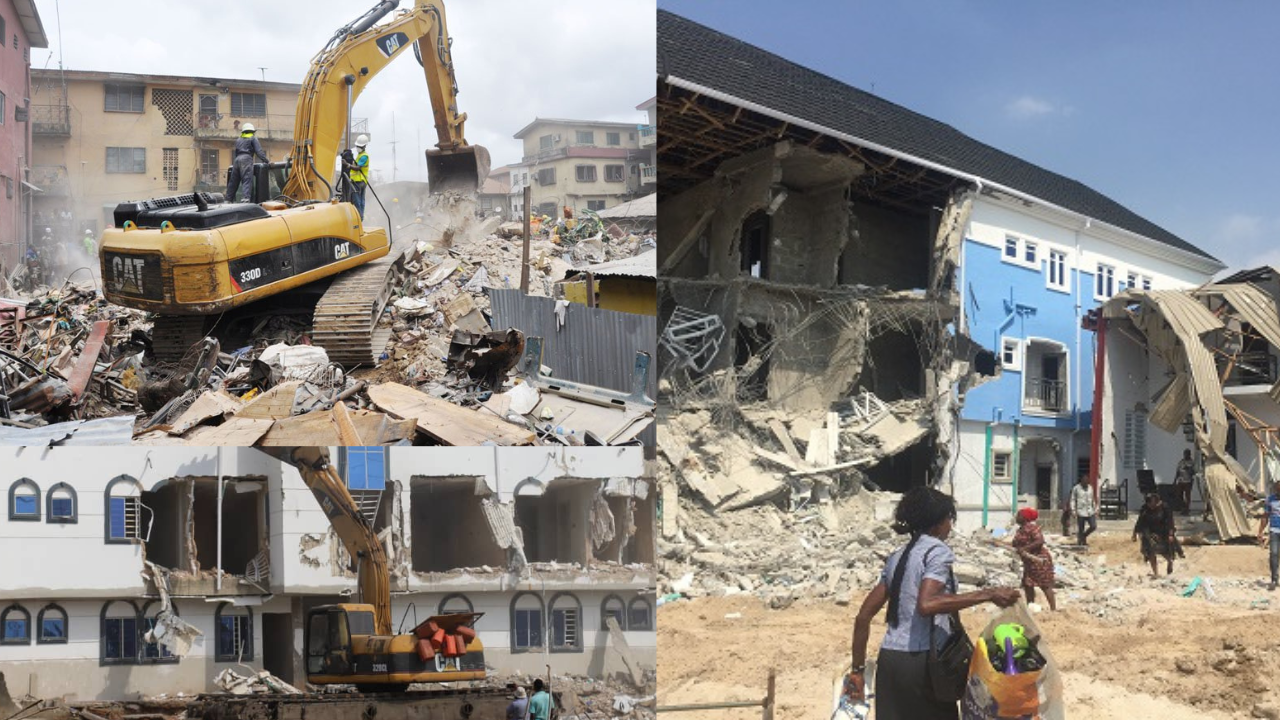ENVIRONMENT

LAGOS GOVT SAYS DEMOLISHING BUILDINGS ON DRAINAGE CHANNELS HELPED PREVENT FLOOD DISASTER
The Lagos State Government has said its decision to demolish buildings constructed on floodplains is proving effective in preventing environmental disasters.
The Commissioner for Environment and Water Resources, Tokunbo Wahab, explained that clearing structures obstructing drainage routes helped avert what could have been a major calamity.
“Floodplains and wetlands are unsuitable for residential development. Climate change is a real threat,” Wahab stated.
He noted that Lagos is expected to witness intense rainfall this year and stressed the importance of citizen responsibility.
“We’re doing our part to prepare, but residents must also play their role. This should not be viewed as punitive. The removal of illegal structures is a necessary step,” he said.
Reflecting on the criticism he faced during his first year in office, Wahab revealed, “Many politicized the enforcement efforts. I was accused of bias and called names. But today, the outcome speaks for itself — difficult decisions had to be made to protect Lagos from disaster.” Wahab expressed sympathy for the victims of the recent flood in Mokwa, Niger State, where over 200 people lost their lives and thousands were displaced.
He urged residents to avoid erecting buildings in flood-prone areas or along drainage channels, emphasizing that many of the demolished buildings lacked proper approvals.
“In Lagos, you can’t get a building permit without first obtaining drainage clearance and an environmental impact assessment from the Ministry of Environment,” he said. “Unfortunately, most of the structures we had to remove had bypassed these processes. The situation in Mokwa is tragic, and we can only keep educating and appealing to the public.”
"This represents a significant development in our ongoing coverage of current events."— Editorial Board









